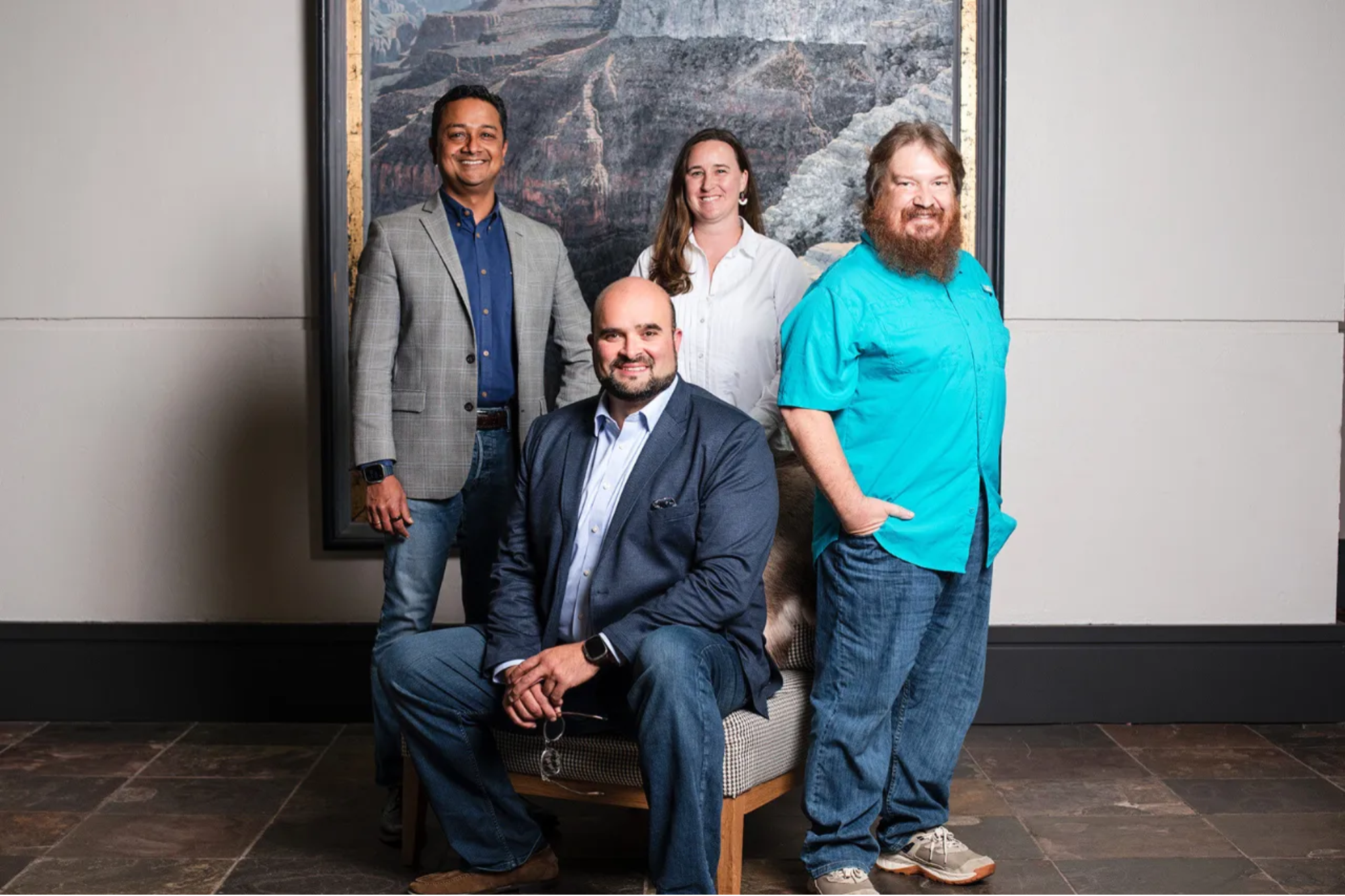Inflation Affecting Consumer Demand: What Are FMCG CEOs Doing? Currently, the FMCG sector is grappling with inflation resulting in price hikes, increased raw material and logistics costs. Despite the challenges thrown at the FMCG companies, the CEOs are optimistic about growth
Opinions expressed by Entrepreneur contributors are their own.
You're reading Entrepreneur India, an international franchise of Entrepreneur Media.

Can you think of a day without your daily-need goods? Presumably not, and maybe that's the reason why the market for consumer packaged goods (CPG) is still thriving amid soaring inflation. Despite the challenges thrown at the FMCG companies, the chief executive officers (CEOs) are optimistic about growth.
With the recent constraints on supply chain and rising costs of raw materials, there has been a price rise. Manufacturers are dealing with rising production costs: be it the increasing costs of raw materials or logistics. When the increase in price is shifted to customers to maintain profitability, maintaining volumes and competitiveness becomes a challenge.
"To hurdle this challenge, driving efficiency is critical. You need to ensure that your product is available in the right stores and channels, at the right price point. Identify the golden stores (20 per cent of stores that sell 80 per cent of your products), optimize assortment to ensure that you have the right products in-store, understand how it varies by channel, and optimize your price and promotions," said a report by NielsenIQ.
The FMCG market in India is expected to increase at a CAGR of 14.9 per cent to reach $220 billion by 2025, from $110 billion in 2020. The Indian packaged food market is expected to double to $70 billion by 2025.
This growth can be attributed to the increase in disposable income and the rising growth of e-commerce. The e-commerce segment is forecast to contribute 11 per cent to the overall FMCG sales by 2030.
What do the CEOs say?
NielsenIQ's CEO Outlook Survey, conducted across FMCG manufacturers and retailers in Asia-Pacific, found the CEOs are bullish on growth. Among those surveyed, 63 per cent of the CEOs said they are expecting growth of 5-15 per cent for the industry and 69 per cent for their company, respectively. This is a significant change in sentiment among these top leaders in 2021, only 41 per cent expected 5-15 per cent growth for the industry and 53 per cent for their organization.
Forty-four per cent of CEOs also confirmed that Asia-Pacific has become more important to their global business.
According to the report, the CEOs list inflation, inconsistent supply of raw materials, impact of higher prices to market share, higher employee turnover and increased competition as top concerns.
"We are still seeing divergence in consumer behavior and spending habits, especially among the constrained consumers that have been affected by the economic conditions of the last 12 months. The CEOs recognized this as a top concern along with how consumers would react to higher prices of goods resulting from the rising cost of raw materials," it quoted.
What are they doing?
With unpredictable demand, many FMCG companies are investing heavily to improve internal efficiencies, the report said.
The CEOs are working on people development. "In 2021, only 20 per cent of CEOs saw talent development as a priority. Now, nearly 30 per cent plan to spend more time and effort on talent development to maximize outcomes for their businesses," it added.
This change indicates how important talent is for the growth of any organization.
"Driving demand through marketing and engagement is another focus area for CEOs in the Asia-Pacific region this year, in addition to securing supply chains and navigating ongoing distribution disruptions. In 2022, CEOs are focused on rebuilding consumer confidence and engagement with the right messaging, particularly around new innovations, across the marketing funnel."
Some of the key areas of improvement for CEOs are health and wellness. "In terms of innovation, 45 per cnet of CEOs identified addressing emerging health and wellness trends as a major change," the report said.
To grapple with the current situation, FMCG companies in India are taking cost-saving measures, price hikes and shrinkflation (reduction in grammage) and introducing bridge packs.












